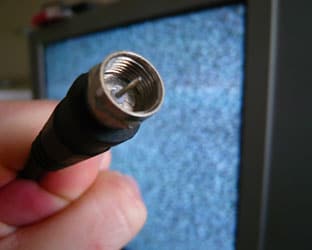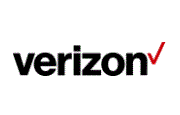As is almost always the case, a failure to see eye-to-eye on retransmission compensation between a broadcaster and an MVPD has been resolved. In this case, the impasse was between Sunbeam Television Corporation and DirecTV. The possibility of a Super Bowl blackout for DirecTV subscribers in Boston, home of the New England Patriots, has been averted.
The restored Sunbeam stations include WHDH-TV and WLVI in Boston and WSVN in Miami. The Miami Fox outlet had allowed DirecTV to carry Fox NFL playoff action despite being otherwise blacked out. The more pressing issue of the 2/5/12 Super Bowl contest – of major concern to citizens in the Boston DMA since their team is a participant – is no longer a concern.
Chris Wayland, Sunbeam’s Boston GM, said “We are pleased that we reached an agreement with DirecTV, and we appreciate our viewers’ patience during this tough negotiation.”
DirecTV said in a statement, “We are pleased to have reached an agreement to end the Sunbeam blackout, and regret that any of our customers were forced into the middle of a business dispute where they should never have been in the first place. We believe, like many, the public interest is best served by allowing customers to keep their local broadcast stations as we negotiate future agreements, rather than being denied access by broadcast stations and used as leverage in what should be a private business matter.”
As usual, terms of the agreement were not released.
RBR-TVBR observation: Many politicians issued statements and wrote letters, but in the end, an open free-market negotiation was the path to a solution as is the case just about every time. This incident was a bit unusual in that it did result in a disruption of service, but the big event – the Super Bowl – will be available to all as it just about always is.
A word or three about the DirecTV statement: They, like other MVPDs, consider local broadcast television stations to be must-have programming. Local stations draw far more viewers than the average basic cable station. Officials in Washington should also consider local broadcast to be a mandated feature of an MVPD lineup, since they almost invariably are the only source of local news and information, particularly in times of emergency.
For all these reasons, MVPDs should expect to pay a fair price – and most seem to have come around to that realization. For those that want to hardball the negotiations, however, the loss of this vital programming is sometimes the last card left in a broadcaster’s hand. That’s just playing hardball right back.
We can see no viable government role in this – the give and take of two business entities is the best way to find the fair price – but if there is to be a government role, the fact that it is the broadcaster, not the MVPD, that serves the local public interest, there is no question that government sympathies should rightfully belong to the broadcaster.




